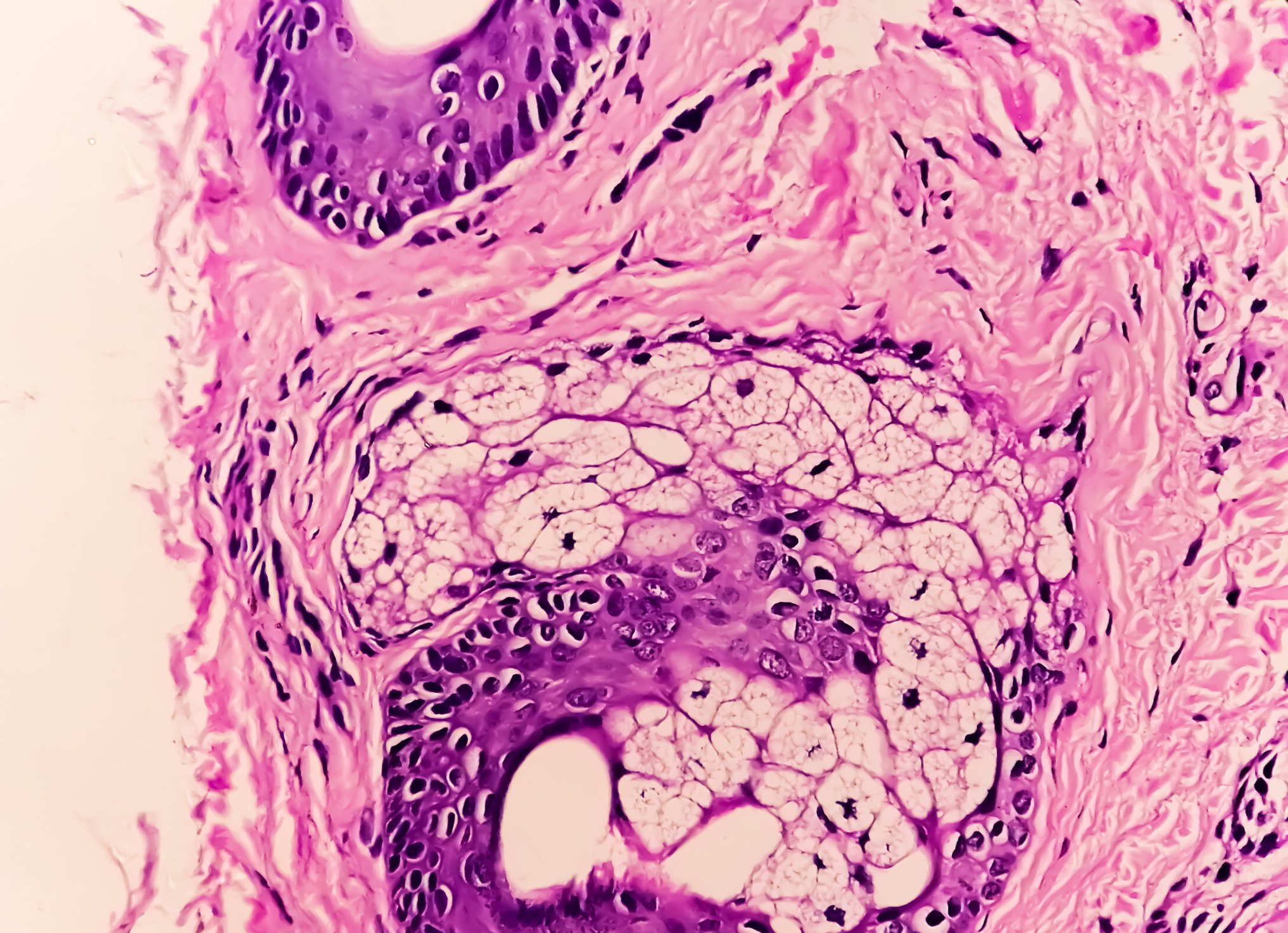Inhaled corticosteroids (ICS) are standard in the maintenance treatment of COPD. However, it is still unclear whether ICS-containing inhalation therapy can reduce overall mortality risk and, if so, which patient subgroups might particularly benefit. In a meta-analysis, Chinese researchers investigated this question.
Chronic obstructive pulmonary disease (COPD) is a leading cause of death worldwide. The Global Initiative for Chronic Obstructive Lung Disease (GOLD) recommends inhaled triple therapy with LAMA/LABA/ICS for patients with recurrent exacerbations or blood eosinophilia. However, whether ICS-containing inhalation therapy can reduce all-cause mortality risk in COPD patients compared with other inhalation therapies without ICS is controversial; studies provided inconsistent and sometimes even opposite results.
The meta-analysis by Dr. Hong Chen, Department of Respiratory and Critical Care Medicine, Chengdu Second People’s Hospital, Chengdu, China, and colleagues included 60 randomized controlled trials involving a total of 103 034 patients [1]. 60 552 of these subjects received inhaled therapy with ICS and 42 482 received inhaled therapy without corticosteroids. The duration of treatment ranged from 1.5 to 36 months.
ICS-containing inhalation therapy was significantly associated with a reduction in all-cause mortality risk according to the analysis (Peto OR 0.90; 95% CI 0.84-0.97). Subgroup analyses revealed that ICS plus LABA and triple therapy in particular were involved in this association, but mono-ICS therapy was not. Triple therapy resulted in the greatest reduction in all-cause mortality risk (-27% vs. therapy without ICS). Inhalation therapy with medium (Peto OR 0.71; 95% CI 0.56-0.91) or low-dose ICS (Peto OR 0.88; 95% CI 0.79-0.97) was more likely to be associated with a reduction in all-cause mortality risk than therapy with high-dose ICS (Peto OR 0.95; 95% CI 0.85-1.07).
Budesonide with strongest effect
Notably, budesonide (Peto OR 0.75; 95% CI 0.59-0.94) was associated with a reduction in all-cause mortality risk (-25%) compared with other corticosteroids such as fluticasone propionate fluticasone furoate, mometasone furoate, or beclometasone dipropionate. Further subgroup analysis revealed that the reduction in all-cause mortality risk associated with budesonide was only in participants with a documented history of ≥2 moderate or severe exacerbations in the previous year.
Certain baseline patient demographic characteristics were also found to be predictors of a reduction in all-cause mortality risk associated with ICS-containing inhaled therapy:
- Eosinophil counts of ≥200/μl or a proportion of ≥2%.
- Documented history of ≥2 moderate or severe exacerbations in the previous year.
- GOLD stage III or IV
- Age younger than 65
- BMI of ≥25 kg/m2
In addition, a treatment duration of >6 months was more likely to be associated with a reduction in all-cause mortality risk than a duration of ≤6 months.
The specific mechanism by which ICS-containing inhaled therapy may reduce all-cause mortality risk in COPD patients is unclear, the Chinese researchers write. They speculate that this may be due to the strong anti-inflammatory effect in the patients’ airways. “Our results suggest that inhaled therapy with ICS for a period of more than six months is associated with a reduction in the risk of all-cause mortality in patients with COPD. Furthermore, medium- and low-dose ICS were more likely than high-dose ICS to be involved in this association. We suspected that this may be due to the increased risk of pneumonias associated with inhaled therapy with high-dose ICS, which cancels out the anti-inflammatory effect of these drugs.” GOLD also recommends switching to inhaled therapy without ICS in patients with COPD who are at high risk of pneumonia [2].
Risk of pneumonia increased by ICS
However, it is worth noting that despite an increased risk of pneumonias, mortality and hospitalizations among COPD patients with a history of exacerbations remained significantly reduced after ICS-containing inhaled therapy, the researchers write. The authors suggest that differences in the safety of the various ICSs may also play a role here, as previous meta-analyses report that the risk of pneumonia after budesonide use was significantly lower than with other ICS types. Similarly, a reduction in all-cause mortality risk associated with ICS-containing inhaled therapy may be more likely to occur in certain subgroups of COPD patients rather than in all patients, which could be related to differences in severity of airway inflammation among patients. Further studies are needed to determine the exact subgroups of COPD patients who may benefit from ICS-containing inhaled therapy in terms of all-cause mortality risk and the mechanisms involved, he said.
Although the results were generally positive, the results reported by Chen et al. presented results should be interpreted with caution because the analysis was affected by substantial heterogeneity, Dr. Darcy Marciniuk of the Department of Respirology, Critical Care and Sleep Medicine, University of Saskatchewan, Saskatoon, Canada, and Dr. Luigino Calzetta, Department of Medicine and Surgery, Respiratory Disease and Lung Function Unit, University of Parma, write in an accompanying editorial [3]. This was due not only to the inclusion of multiple studies with heterogeneous populations of COPD patients, but also to the fact that multiple formulations were compared, characterized by different administration schedules (once daily vs. twice daily) and administered via different inhalation devices. According to them, another limitation stems from the fact that no subgroup analyses were performed on cardiovascular mortality. Overall, these aspects and the large number of included studies may lead to a potential type I error in the meta-analysis.
Literature:
- Chen H, Deng ZX, Sun J, et al: Association of Inhaled Corticosteroids With All-Cause Mortality Risk in Patients With COPD. Chest 2023; 163: 100-114;
doi: 10.1016/j.chest.2022.07.015. - GOLD Report 2023, www.goldcopd.org.
- Marciniuk DD, Calzetta L: Inhaled corticosteroids and COPD. 25 Years Later and We Are Still Not There. Chest 2023; 163: 8-9; doi: 10.1016/j.chest.2022.09.017.
InFo PNEUMOLOGY & ALLERGOLOGY 2023; 5(2): 36.











